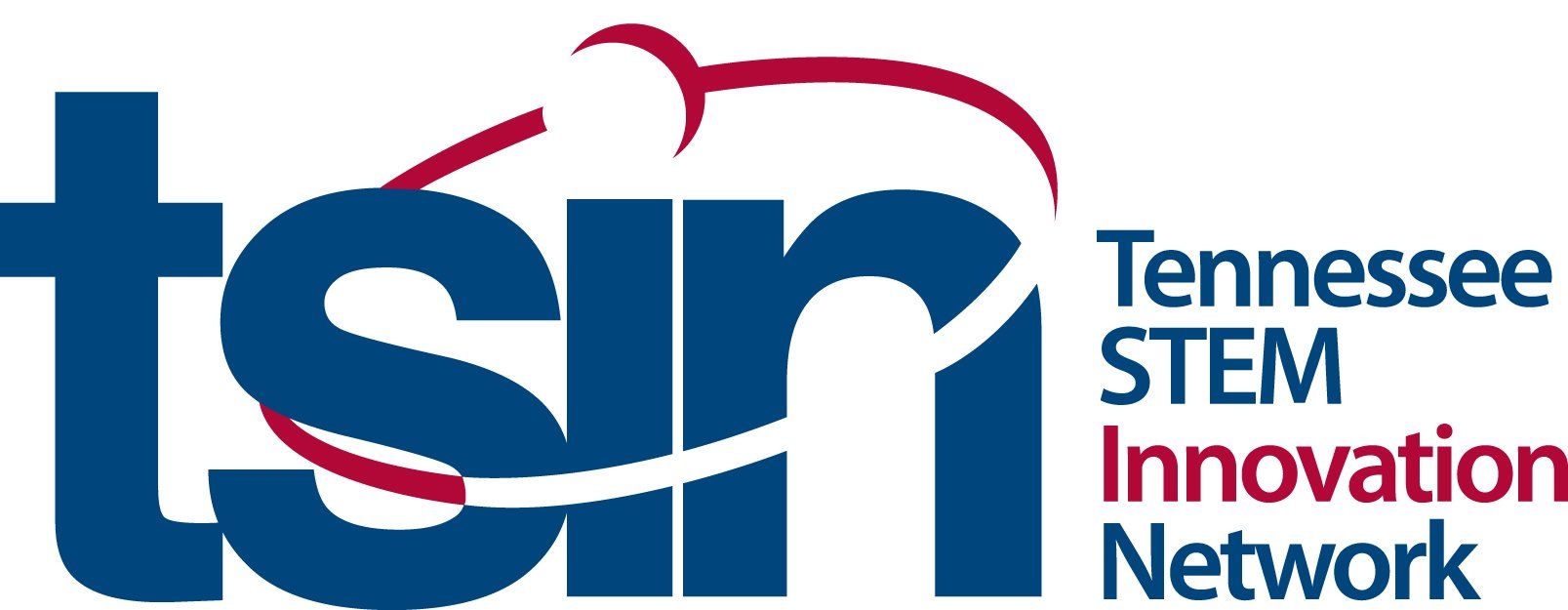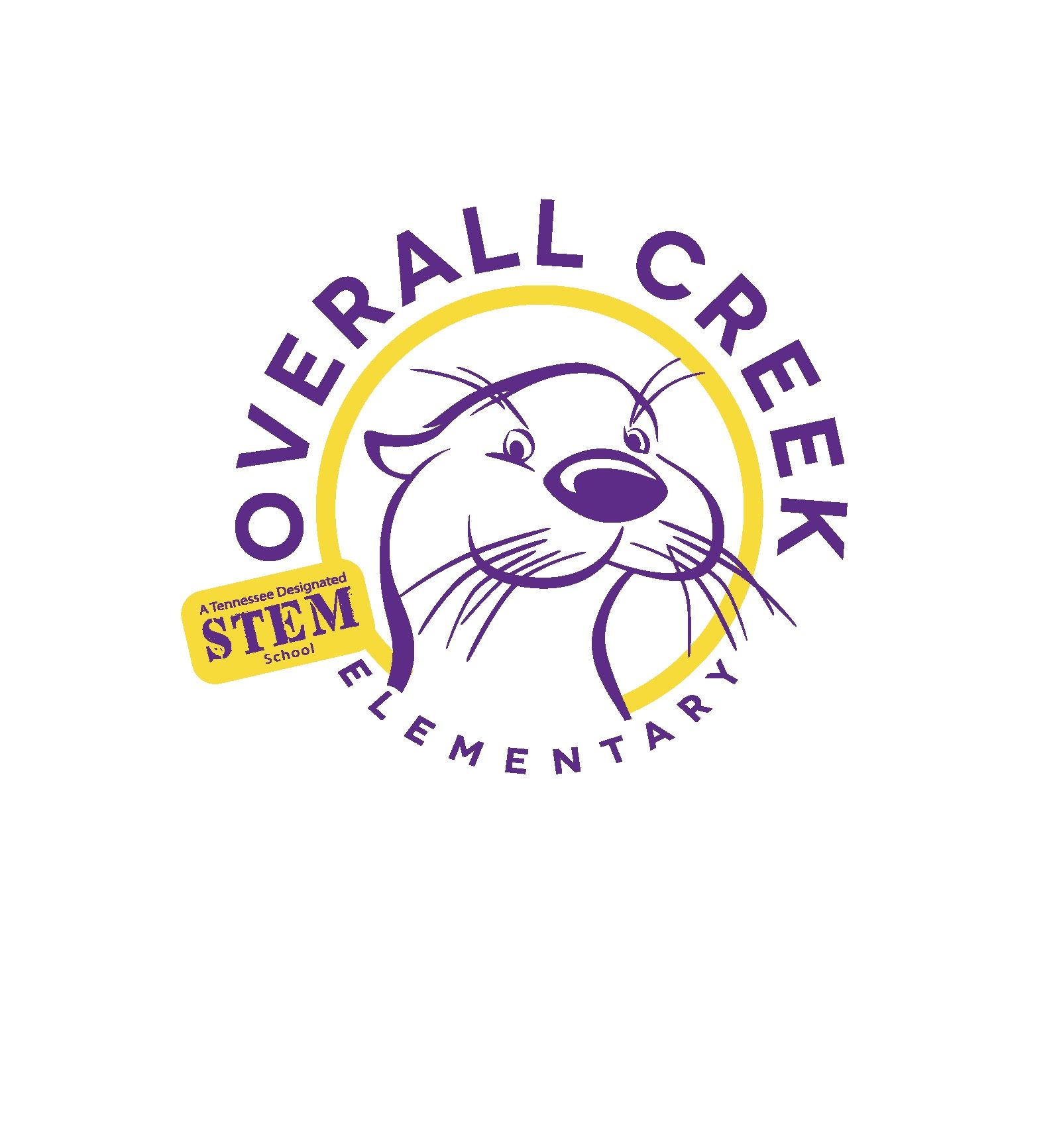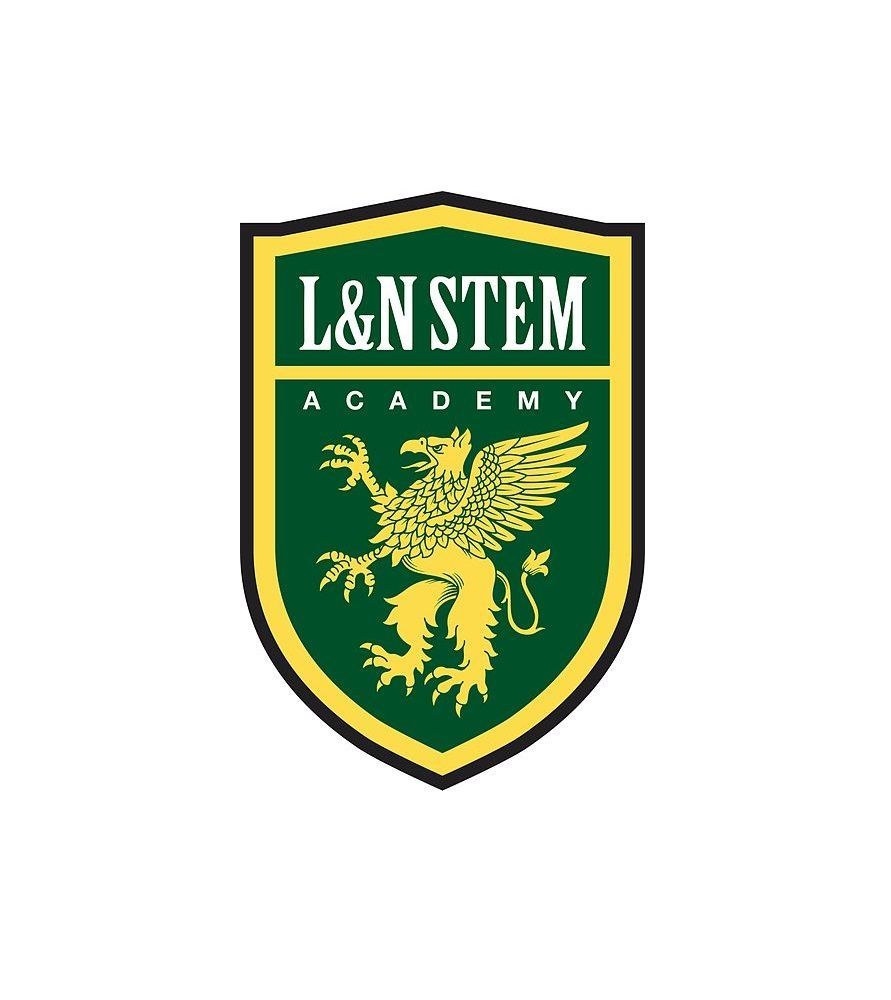A Look Ahead: Priorities for 2020 from Network Director, Brandi Stroecker
All students, regardless of career path, will benefit from learning STEM concepts and practices allowing them to better understand the world around them and improve their logical reasoning, problem solving, and creativity. STEM professionals are needed within nearly every field, many with strong job growth prospects in Tennessee - including healthcare, engineering, computer science, and manufacturing. Our team feels incredibly fortunate to be in the position to invest in the growth and development of the next generation.
Tennessee students that apply STEM habits today will create the world changing innovations and inventions of tomorrow. This drives our team to continually assess statewide needs to inform the wrap-around services and supports the Network offers educational communities. While we’ve made great progress over the past year, there is more work to be done. Expanding equitable access to STEM education across the state is our key priority for 2020.
Computer Science Expansion
Our partnership with the Tennessee Department of Education (TDOE) and Code.org has led to a regional model that removes geographic barriers for districts and teachers interested in offering Computer Science courses. This June, the Network will host three weeks of consecutive professional development that focuses on the new K-8 Digital Readiness Standards and Code.org curriculum. The goal of this concerted CS effort is to make connections across all grade levels and content areas to enhance learning and inspire students’ interest and exposure to Computer Science. This work will greatly increase the number of TN teachers highly qualified to teach Computer Science across K-12 classrooms.
Rural STEM Education
Currently, 49% of school districts in Tennessee are located in rural communities, which is why building a STEM ecosystem for rural educators and communities is vital. The Tennessee Rural STEM Collaborative was cited as a program exemplar in H.R. 4979, Rural STEM Education Act , that informs how the National Science Foundation will support rural STEM outreach nationally. This is exciting news, as we’ve seen tremendous success in this program’s impact on students’ learning experiences over the past two years. The Network also continues to provide rigorous support through the seven regional STEM Innovation Hubs to meet needs of educators and districts at the local level.
Growing the number of STEM Designated Schools
Strong STEM teaching and learning experiences rest on inquiry, technology integration, work-based learning, and project/problem-based learning strategies that are tied to the real world. It is a diverse, transdisciplinary approach where students are the drivers of their learning. The STEM School Designation process is a roadmap that creates the systems and structures to build a strong STEM culture at the local level. The Network has developed supports for schools and districts interested in pursuing STEM Designation including a mentorship model with current designated schools among other opportunities. We are looking forward to seeing the number of STEM Designated Schools continue to grow in 2020!
As we look forward to the year ahead, TSIN appreciates the hard work and effort from our partners that give students learning experiences that shape their dreams for the future. None of this work would be possible without those that continue to advocate and champion the importance of STEM education for all students. 2020 looks to be an energizing and transformative year for STEM education in Tennessee!















